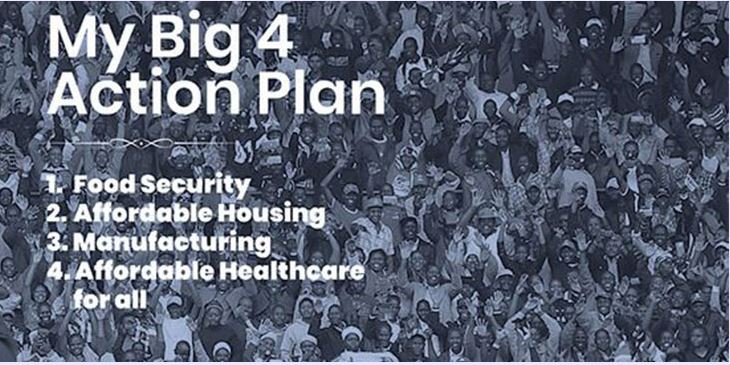
It has always been assumed that the right to adequate housing as envisioned in our constitution means that the government must construct a house for every Kenyan.
Right to adequate housing, being a universal right means that anyone has the right to live somewhere in security, peace and dignity, but also provides an opportunity for everyone to access and enjoy other economic, social and cultural rights that are interlinked with the right to adequate housing, including right to education, work, health, water, sanitation and social security.